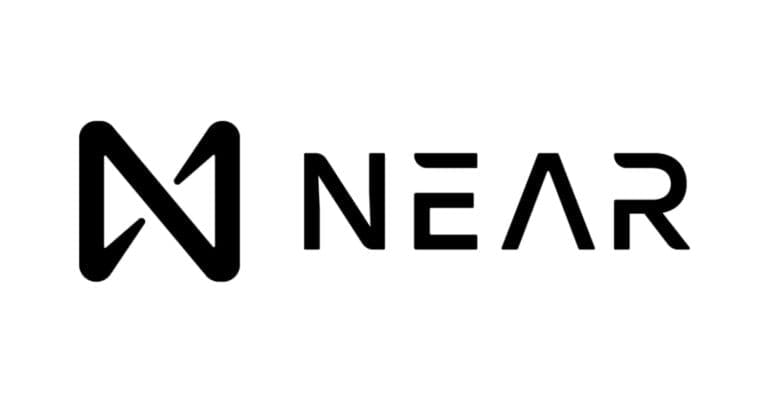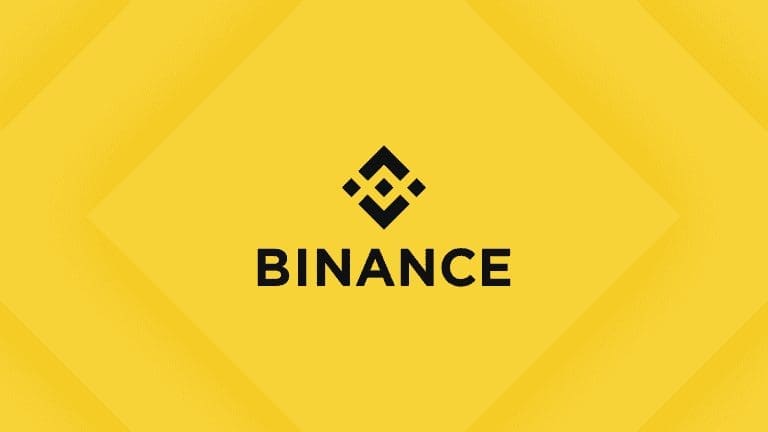The Wikimedia Foundation, the parent organization of Wikipedia, will no longer take Bitcoin, Bitcoin Cash, or Ethereum donations after some community members ignited a three-month debate about the pros and cons of cryptocurrency.
The announcement comes shortly after the foundation conducted a poll in which more than 70% of respondents said they wanted to stop crypto donations entirely.
“The Wikimedia Foundation has decided to suspend direct acceptance of Bitcoin as a form of donation… we are making this decision based on recent input from [volunteer and donor] groups,” the foundation said in a statement.
In 2014, the foundation began taking Bitcoin. It reasoned at the time that including Bitcoin as a donation option would make contributions to the Wikimedia Foundation “as straightforward and inclusive as possible.” Wikipedia has long placed a high value on being a worldwide platform, with content available in 326 different languages.
The nonprofit first used Coinbase to take Bitcoin donations before moving to BitPay to accept donations in other cryptocurrencies.
However, prior to the prohibition, Wikipedia’s exposure to cryptocurrency was minimal. The Wikimedia Foundation received cryptocurrency from only 347 distinct donors in 2021. According to Wikimedia Foundation Community Relations Specialist Julia Brungs, crypto donations accounted for only 0.08 percent of the foundation’s revenue last year, and the foundation has never “held cryptocurrency.”
“Bitcoin was the most widely utilized cryptocurrency in the previous fiscal year.” “We have never kept cryptocurrency, and we spot-convert donations into fiat currency (USD) on a daily basis, which has no substantial environmental impact,” Brungs stated in January.
When the issue over crypto donations first erupted in January, software engineer and Wikipedia editor Molly White remarked that only 400 members of the community paartici[ated in the discussion.
However, many of the accounts appeared to be “single-purpose accounts created especially for the conversation” to persuade the foundation against crypto, according to White.
A key argument against bitcoin, according to the research, was “problems of environmental sustainability.” Avalanche, Tezos, Solana, and Cardano are examples of more energy-efficient blockchains that do not require proof-of-work mining.
Those in favour of cryptocurrency payments emphasized the need for anonymous donations in places where Wikipedia may be forbidden or censored. It was also suggested that because Bitcoin is legal tender in El Salvador and the Central African Republic, the foundation should allow people to donate in the official currencies of their respective countries.

































